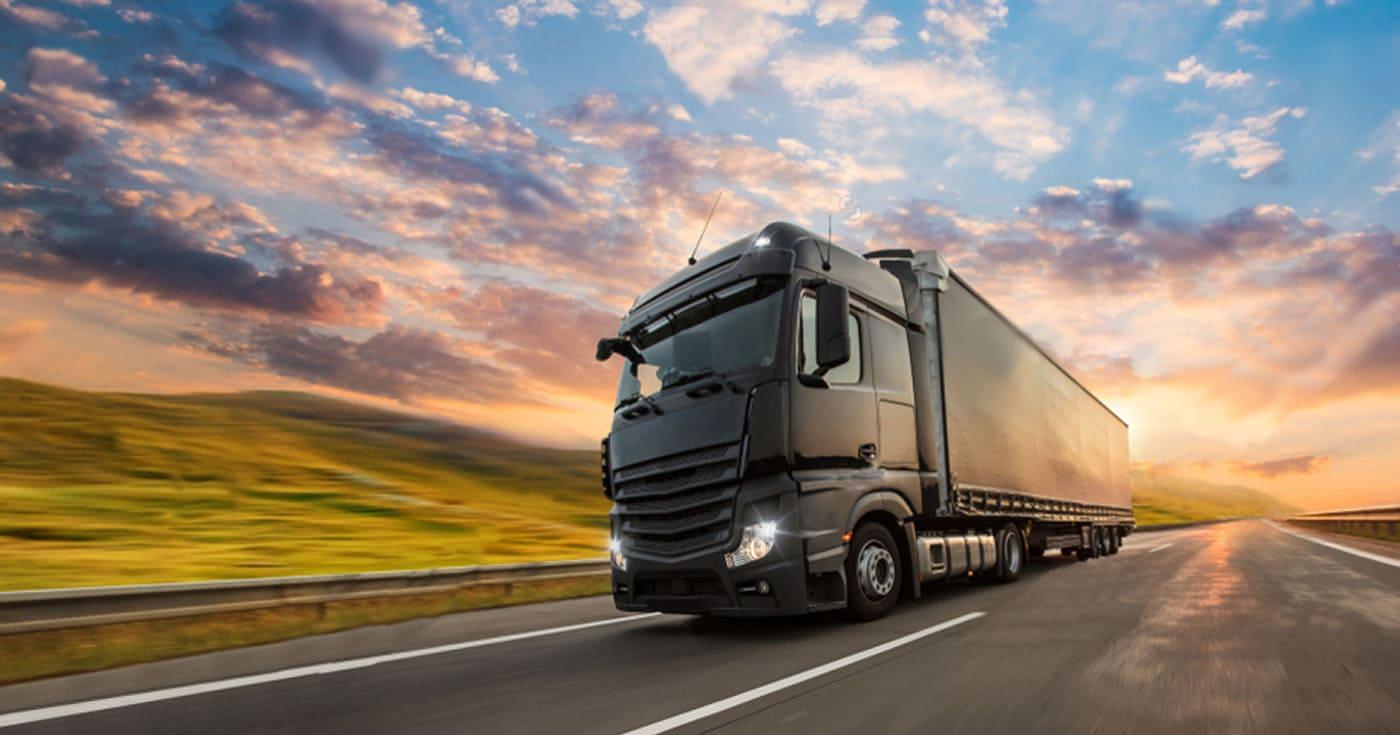The Future of Freight: Key Trends Shaping Modern Transportation.

The global movement of goods is undergoing a profound transformation, driven by technological advancements and shifting economic landscapes. Traditional methods of freight transportation are increasingly challenged by demands for greater efficiency, speed, and transparency. Businesses worldwide are seeking innovative solutions to optimize their supply chains and meet evolving customer expectations in an interconnected world. This evolution is not merely incremental but represents a fundamental shift in how goods are moved from origin to destination.
The complexities of modern logistics, encompassing everything from last-mile delivery to international container shipping, require a proactive approach to managing vast networks. Factors such as fluctuating fuel costs, geopolitical uncertainties, and growing environmental concerns add layers of difficulty. Companies must navigate these challenges while simultaneously striving for operational excellence and cost-effectiveness. The imperative to adapt and innovate has never been stronger, pushing the industry towards new paradigms.
In this dynamic environment, understanding the key trends shaping the future of freight is paramount for any organization involved in the movement of products. The adoption of cutting-edge technologies and strategic operational adjustments are no longer optional but essential for maintaining a competitive edge. Ignoring these developments risks obsolescence in a rapidly accelerating sector where agility and foresight are highly valued.
VisionCraftHub recognizes these evolving demands and the critical need for forward-thinking strategies. The ability to anticipate and integrate new methodologies will define success for logistics providers and manufacturers alike. This article explores some of the most impactful trends that are set to redefine modern transportation, offering insights into the innovations driving the next generation of freight operations.
From advanced automation to data-driven decision-making, the future promises a more streamlined, resilient, and sustainable approach to logistics. These changes will impact every facet of the supply chain, from warehousing and inventory management to long-haul transit and final delivery. Preparing for these shifts requires a deep understanding of their implications and a willingness to embrace transformative solutions.
-
🤖 Automated Operations & AI Integration
The rise of automation and artificial intelligence is fundamentally reshaping freight operations, promising unprecedented levels of efficiency and precision. Autonomous vehicles, including self-driving trucks and delivery drones, are moving beyond experimental phases, offering solutions to labor shortages and enhancing safety. Within warehouses, robotic systems handle sorting, packing, and retrieval with remarkable speed, significantly reducing human error and operational costs. These technologies are not just about replacing manual tasks; they are about creating a more resilient and responsive logistics ecosystem capable of handling immense volumes with greater accuracy.
Artificial intelligence plays a crucial role in optimizing complex logistical challenges. AI algorithms are deployed for advanced route planning, considering real-time traffic, weather conditions, and delivery schedules to identify the most efficient paths. Predictive analytics, powered by AI, enables proactive maintenance for fleets, minimizing downtime and unexpected disruptions. Furthermore, AI enhances demand forecasting, allowing companies to better manage inventory and allocate resources effectively. The integration of AI ensures that every decision, from the loading dock to the final destination, is informed by comprehensive data analysis, leading to smarter and more sustainable transportation networks.
-
🌿 Eco-Conscious Transportation Solutions
Sustainability is crucial for modern freight. Companies adopt green logistics to cut carbon footprints and meet regulations. This involves electric and hydrogen fleets, optimized routes for efficiency, and sustainable packaging. The goal is an eco-friendly supply chain, balancing operations with ecological responsibility. This meets consumer demand for greener practices and ensures a healthier planet. Such a shift is vital for long-term industry viability.
-
📊 Data-Driven Supply Chain Management
Freight's future is data-driven. IoT devices and telematics provide real-time supply chain visibility. This data enables precise tracking, condition monitoring, and proactive issue identification. Big data analytics converts raw information into actionable insights, guiding decisions on inventory, routes, and resource allocation. This integration boosts operational transparency and strengthens supply chain resilience, creating more efficient and reliable networks. VisionCraftHub champions data-led innovation.
The freight landscape is evolving fast. Automation, AI, and sustainability redefine operations. Businesses must embrace these trends to stay competitive in a global market demanding speed, efficiency, and eco-consciousness. Adaptation is crucial for future success.
Adapting requires foresight and investment in innovative technologies. Companies prioritizing data-driven decisions, integrating automation, and championing eco-friendly logistics will succeed. The future favors those navigating complexity with agility and smart solutions. VisionCraftHub focuses on enabling such forward-thinking strategies.
Ultimately, freight's future means creating intelligent, resilient, and responsible supply chains. Leveraging technology and sustainable methods, the industry can achieve new efficiency while contributing positively to global well-being. This evolution promises a more connected and optimized world of goods movement.
0 Comments
Leave a comment